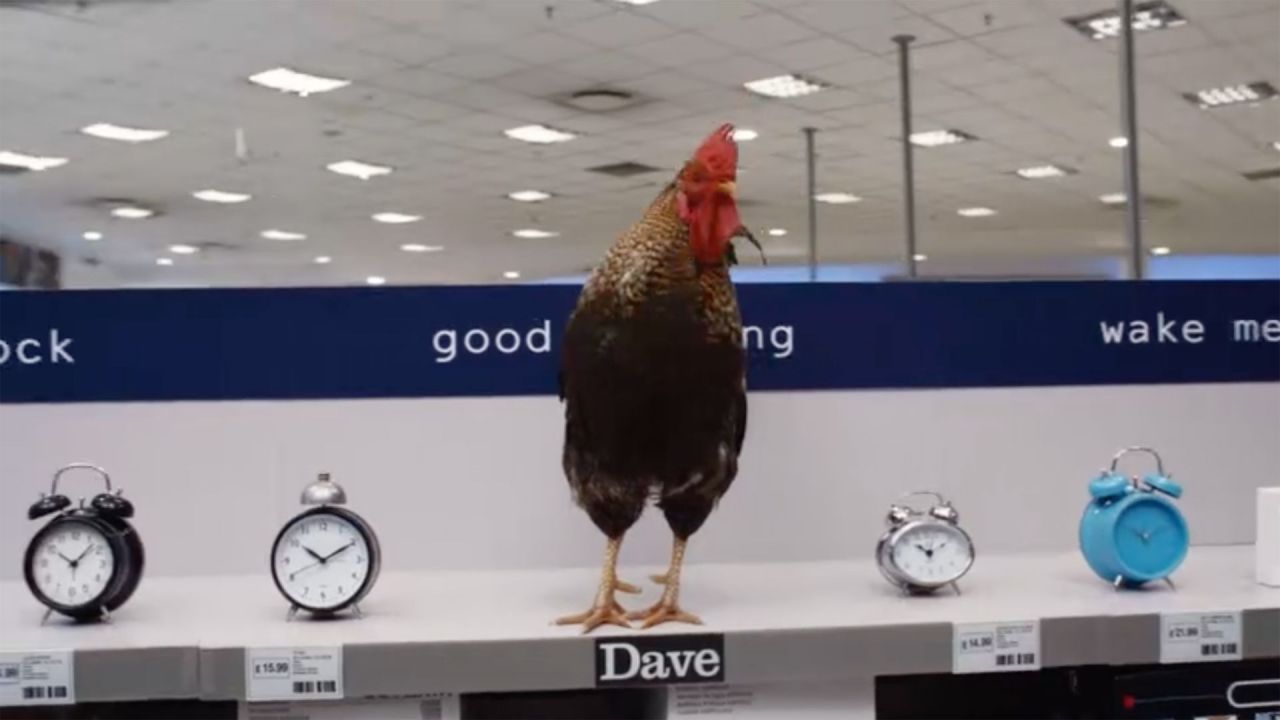Now, more than ever, you wish you had a better opening line than "Now, more than ever."
The first resort of most brands communicating in unusual circumstances is to turn to a form of copywriting cliché - a disembodied voice that seeks to place sufficient distance between brand and message. Jessica Salfia skewers this tendency in 'The First Lines of Emails I’ve Received While Quarantining', a poem that demonstrates how easily brands can remove all effectiveness from their message.
In these uncertain times
As we navigate the new normal,
Are you willing to share your ideas and solutions?
As you know, many people are struggling.
I know you are up against it:
The digital landscape
We share your concerns.
As you know, many people are struggling.
The poem ends with a predictable, yet perfectly-observed, line: "This is not normal." Indeed, these times are far from normal, but a strong brand should be able to communicate in good times and in bad. And this is the point.
A good brand has a clear voice, a strong sense of self, an opinion or guiding purpose – and a ready ability to translate that into prose. It’s gratifying to see that some of the strongest brands we have worked with have responded to the pandemic without breaking stride. UK comedy brand Dave, a brand built on adding wit to the world, has found the right amount of exasperated humour in our new lockdown lives. Another brand taking this tone could seem unfeeling or false. Dave has earnt the right through the relentless application of its brand voice for 13 years.

Telemundo, the leading network for Hispanic America, was able to rally a sense of national purpose with the exhortation from their Chairman "Juntos imparables" ("Together we are unstoppable") because it had flown that flag of collective dynamism in all of its communications since we launched the line two years ago. From another brand it could easily have sounded like empty rhetoric, but from Telemundo it was heartfelt and genuine.
Hulu can comfortably welcome a new army of binge-watchers with live 'watch-along parties' because it claimed the pyjama-clad community years ago. From The Great to Normal People, it has always shared in the emotional ride with their fans.

But for many others, this has been a challenging time. How does an entertainment brand suddenly pivot to celebrating the sacrifice of health workers without sounding insincere? How does a sports network talk about a lack of sport without sounding desperate? How does a lifestyle brand adapt to the fact that, no, we probably aren't out shopping for new scatter cushions right now, thank you. The answer is by having an established voice. Then everyone from the social media intern to the network president, from the junior promo editor to the internal comms manager, will know what to say and how to say it.
So, have you got one? A voice you instinctively hear when you communicate for your brand? Or, have you discovered you lost it at just the wrong moment?
Charlie Mawer, Exec Creative Director

